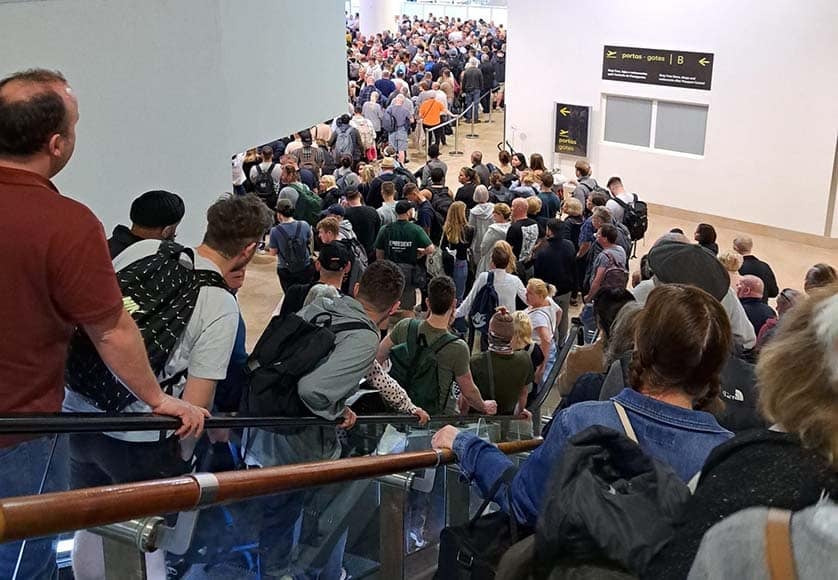
While Portugal was embroiled in three colonial wars, in Angola, Guinea-Bissau and Mozambique, 700,000 Portuguese decided to leave their country between 1955 and 1975, also escaping poverty and the dictatorship of Salazar. Masons, plasterers, and tilers, it is difficult for them to escape the trilogy of trade allotted to them. Who is Kano? How did they live? What are their dreams made of?
This comic book opens part of a story that has remained unseen for far too long, because the Lusitanias blended into the crowd. The album reveals an invisible story because their society was not interested in France which often looks, with a touch of contempt, on the Iberian Peninsula at its exoticism, its old dictators and its docile inhabitants.
Brilliantly and meticulously, Chico in the drawing and Afonso in the text tell the galleys of two men, Mario and Neil, and a woman, Eva. All the success of the storyboard consists in showing the pitfalls of crossing borders, the work imposed to hide underground, life in slums, poorly paid work on construction sites, barracks, and the fear of the police. Hopefully anyway. For Neil, coming from a Catholic, apostolic, and Roman country, he takes on the form of an improbably mischievous Panam, and for Mario, Hope has the face of Eva. Happiness returns too, the carnation revolution that finally liberated Portugal in 1974, and the happiness of Olivier’s birth. Playing the full color palette of browns, blues and grays, Émilie Rouge’s colours, far from dazzling the story, give it a sweet look, like the rediscovered dignity of all those Portuguese at last he offered to see.






